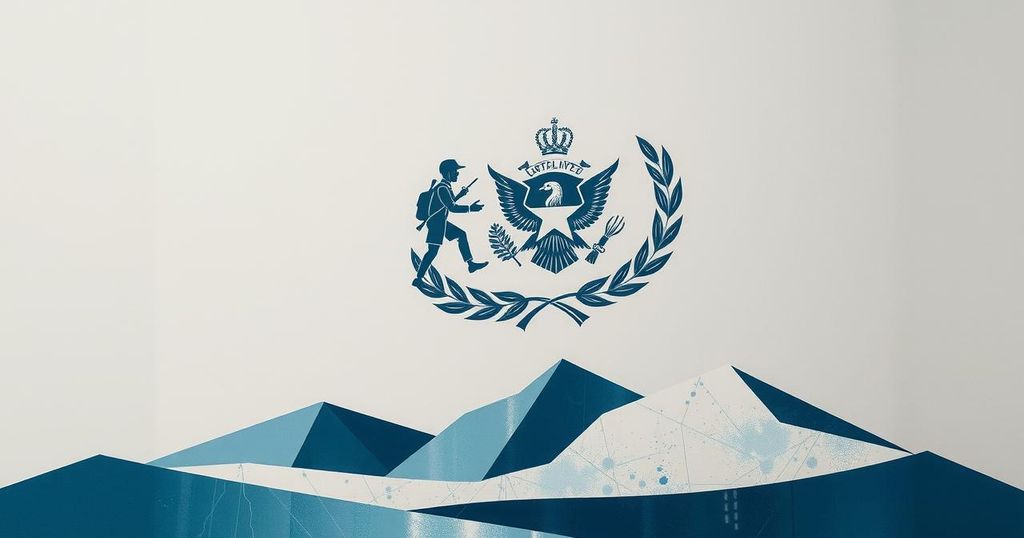Somalia’s President Hassan Sheikh Mohamud sacked Defence Minister Abuldkadir Mohamed Nur, following US military pressure due to Nur’s close ties with Turkey. This change comes amid concerns over diminishing US support for Somalia’s efforts against al-Shabab and increased Turkish military involvement. Despite the dismissal, Turkish officials emphasize the strength of Turkey-Somalia relations based on institutional cooperation.
Somalia’s President Hassan Sheikh Mohamud dismissed Defence Minister Abuldkadir Mohamed Nur due to pressure from the US military, as reported by Middle East Eye. Nur is now the Minister of Ports, following concerns about US military support for Somalia against the terrorist group al-Shabab, which has reportedly decreased. The US was particularly anxious about Nur’s initiatives to enhance military, energy, and aerospace cooperation with Turkey, a nation with which the US has strained relations in the Horn of Africa.
Under Nur’s direction, Somalia formalized a naval, trade, and defence partnership with Turkey in February of the previous year. Although specific details of the agreement remain confidential, it is believed to assign Turkey the responsibility for patrolling Somali waters, assisting in the establishment of a navy, and aiding in energy resource exploration, directly countering Ethiopia’s naval agreements with Somaliland.
US officials emphasized that their influence over Nur’s dismissal stemmed from his poor coordination with American military forces. Discussions regarding this issue took place multiple times throughout the year, coupled with demands for access to the February agreement. There is heightened US concern over Turkey’s intentions to build a spaceport in Somalia, which could potentially facilitate long-range missile testing.
The US made it clear that failing to remove Nur could jeopardize security cooperation against al-Shabab. After Turkey dispatched armed drones to Mogadishu, US patience reached a tipping point; consequently, this action triggered greater scrutiny of US support for Somalia’s military engagements. Alongside this issue, the US embassy in Mogadishu warned of an impending al-Shabab attack, leading to significant flight cancellations by international airlines.
In March, funding was cut for Somalia’s elite Danab Special Forces unit, which had relied on US backing, resulting in financial difficulties for the group’s operations. In response, Finance Minister Bihi Iman Egeh indicated that alternative funding sources must be identified. Conversely, some local military figures, including former commander Ahmed Abdullahi Sheikh, endorsed Mohamud’s decision to dismiss Nur as a positive leadership change.
Despite these tensions, Turkish officials assert that Nur’s removal will not impact Turkish-Somali relations. They stress that these ties are anchored in institutional partnerships rather than individual relationships. Turkey has made significant contributions to Somalia’s infrastructure and defense sectors, and experts express confidence in the continued support for Somalia’s fight against terrorism, as both countries seek to maintain their strategic cooperation.
The dismissal of Defence Minister Abuldkadir Mohamed Nur illustrates the complex interplay between US and Turkish influence in Somalia. The US’s pressure stemmed from concerns over Nur’s ties with Turkey, particularly regarding military and defense cooperation. Although this political shift has generated significant discussion, Turkish officials maintain that bilateral relations will persist based on institutional commitments, rather than individual leadership personas. The ongoing security dynamics in Somalia continue to hinge on these international relationships.
Original Source: www.middleeasteye.net






